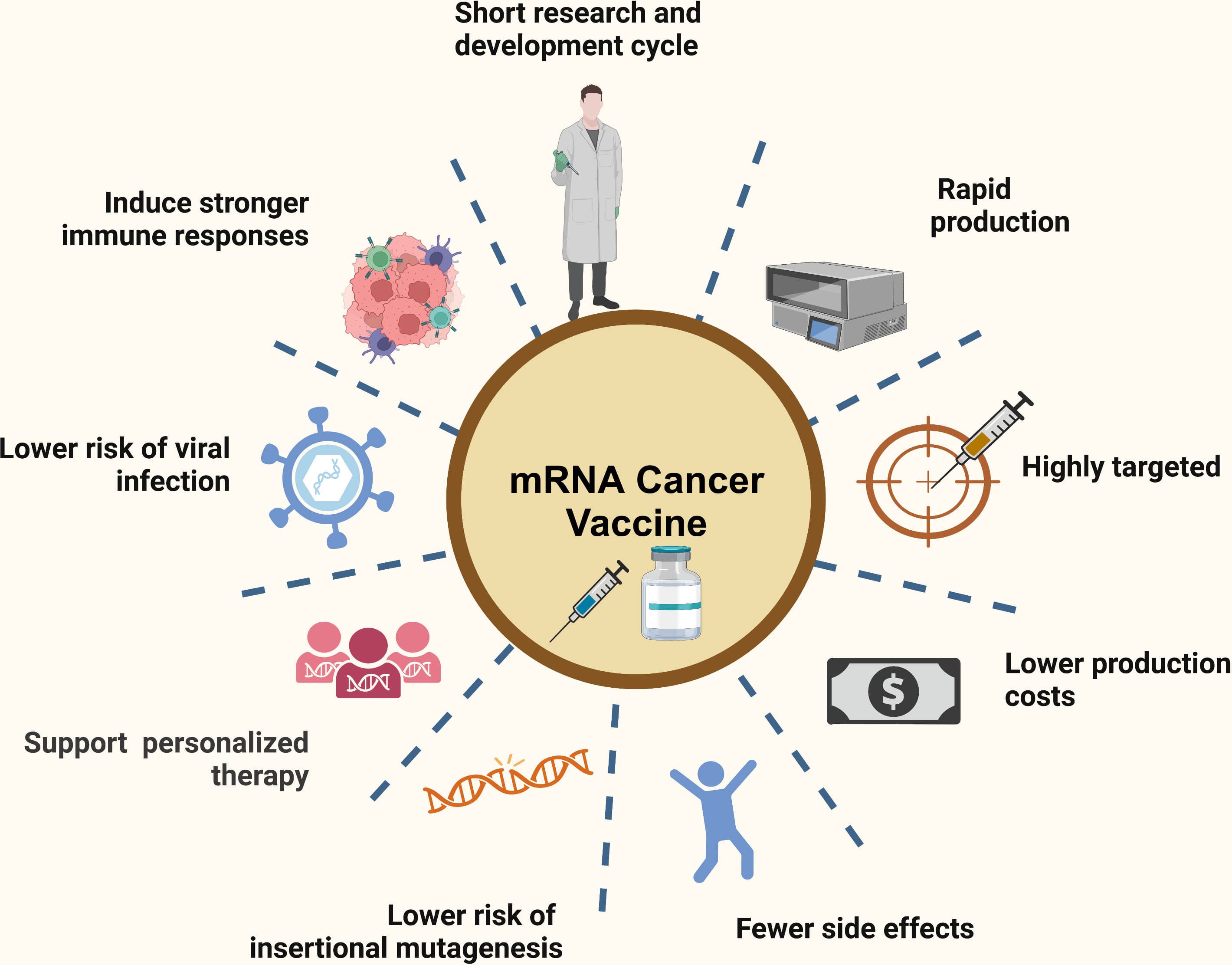COVID-19 mRNA Vaccine Nearly Doubles Survival in Advanced Lung and Skin Cancer Patients

A new study has revealed that COVID-19 mRNA vaccination significantly extends the lives of patients battling advanced lung and skin cancers when administered close to the start of immunotherapy. Researchers from The University of Texas MD Anderson Cancer Center and the University of Florida presented these findings at the 2025 European Society for Medical Oncology Congress in Berlin. The breakthrough suggests that these vaccines, originally developed for COVID-19, may enhance the immune system's ability to combat cancer.
For patients with advanced non-small-cell lung cancer (NSCLC), receiving an mRNA COVID-19 vaccine within 100 days of starting immune checkpoint inhibitor (ICI) therapy was associated with a median overall survival of 37.3 months, compared to 20.6 months for unvaccinated patients. This represents a near doubling of survival time, with the three-year overall survival rate rising from 30.6% to 55.8% for vaccinated individuals.
Similarly, in patients with metastatic melanoma, median survival increased from 26.7 months for unvaccinated patients to a range of 30 to 40 months for those who received an mRNA vaccine within the same timeframe. The three-year overall survival rate for vaccinated melanoma patients reached 67.5%, significantly higher than the 44.1% observed in unvaccinated patients. The study analyzed data from over 1,000 patients treated between 2019 and 2023.
The researchers hypothesize that mRNA vaccines act as an "alarm," sensitizing tumors to immune checkpoint inhibitors by stimulating a strong inflammatory response. As Dr. Adam Grippin, a senior resident in Radiation Oncology at MD Anderson, stated, "When combined with immune checkpoint inhibitors, these vaccines produce powerful antitumor immune responses that are associated with massive improvements in survival for patients with cancer." This mechanism helps the immune system more effectively recognize and attack cancer cells.
This discovery has prompted the design of a multi-center, randomized Phase III trial to further validate these findings and explore whether mRNA COVID-19 vaccines should become a standard part of care for patients receiving immune checkpoint inhibition. Dr. Elias Sayour, a senior researcher from the University of Florida, emphasized the broad implications, noting, "The implications are extraordinary — this could revolutionize the entire field of oncologic care." The study points towards the potential for developing a universal, off-the-shelf cancer vaccine.